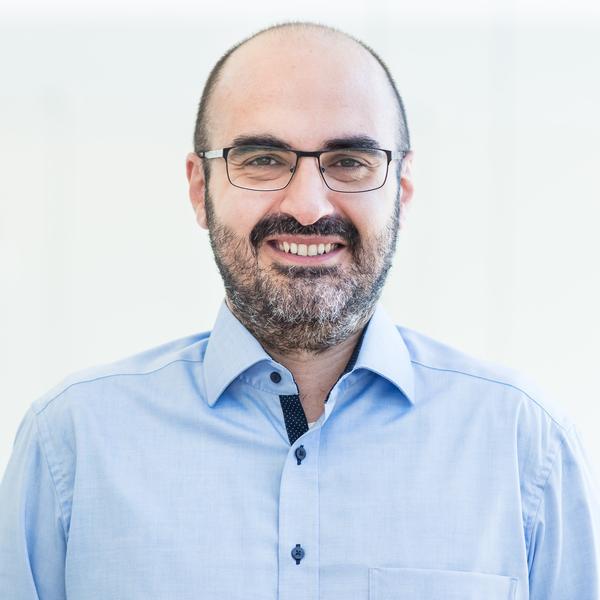

2017: Busy Beaver Award for "Cybersecurity I"
Dr. Giancarlo Pellegrino is a tenured Faculty at CISPA Helmholtz Center for Information Security. Before that he was a visiting assistant professor at Stanford University and research group leader at CISPA as part of the CISPA-Stanford Center for Cybersecurity. He got his PhD at Eurecom in Sophia-Antipolis (France) under the supervision of Davide Balzarotti. Until August 2013, Giancarlo was a researcher associate in the Security and Trust group at the SAP research labs.
ACM Conference on Computer and Communications Security (CCS)
ACM Internet Measurement Conference (IMC)
55th Annual IEEE/IFIP International Conference on Dependable Systems and Networks (DSN)
IEEE European Symposium on Security and Privacy (EuroS&P)
IEEE European Symposium on Security and Privacy (EuroS&P)
International Conference on Human Factors in Computing Systems (CHI)
Network and Distributed System Security Symposium (NDSS)
Network and Distributed System Security Symposium (NDSS)
Usenix Security Symposium (USENIX-Security)
IEEE European Symposium on Security and Privacy (EuroS&P)